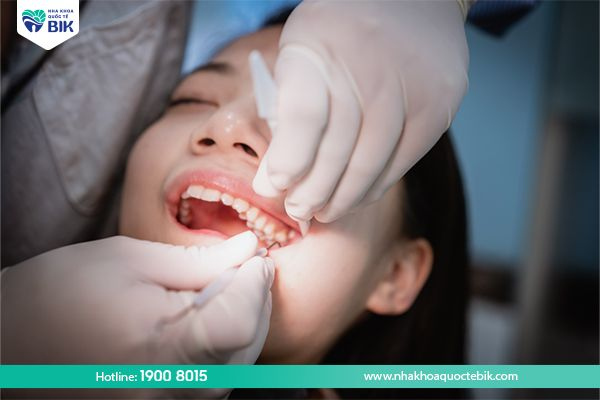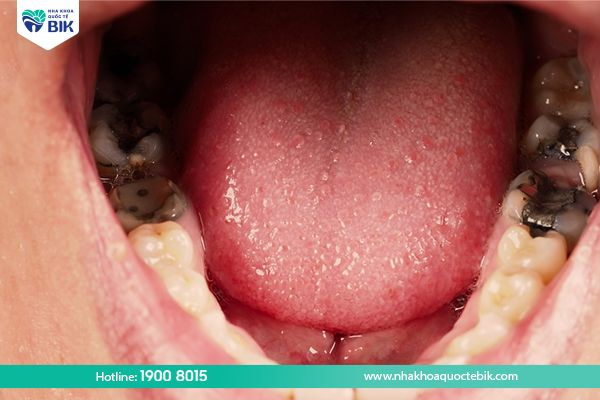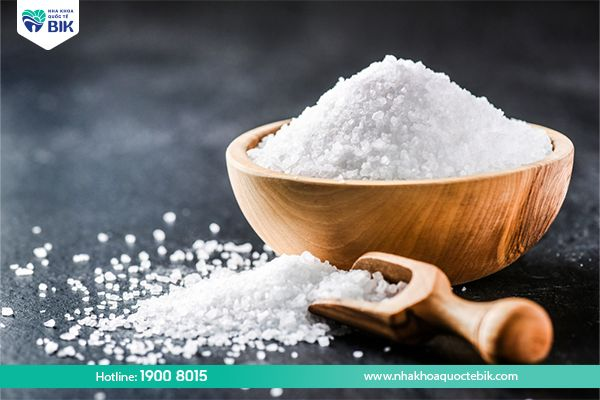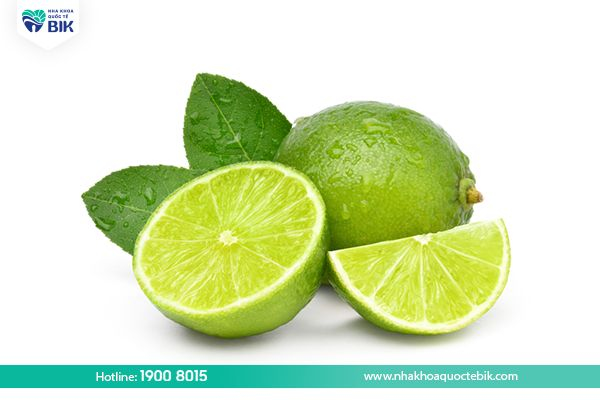Tooth decay is also one of the causes of bad breath due to the existence of some types of odorous bacteria. However, whether or not tooth extraction can cure bad breath depends on many other factors, and you should also note that not all cases can have tooth extraction. Usually, the doctor will consider and examine very carefully when deciding to extract the tooth and will only extract the tooth when it is really impossible to save the tooth.
1. What causes bad breath?
Bad breath is an oral condition that occurs when the breath has a bad odor that is unpleasant for the patient and others. According to statistics, 1 in 10 people have bad breath.
Bad breath is not a disease but is often just a symptom of other oral problems or due to poor oral hygiene. Sometimes bad breath cannot be cured even if you diligently brush your teeth, rinse your mouth thoroughly according to your doctor’s instructions or completely treat the cause.

Some causes of bad breath include:
– Improper oral hygiene, not using mouthwash will create conditions for bacteria and food to stick to the teeth, causing bad breath.
– Due to food: There are many types of food that can cause unpleasant odors in the mouth, even if you brush your teeth and rinse your mouth, you cannot get rid of them. Especially additives such as garlic, cheese, onions, … or foods with strong odors such as shrimp paste, fish, raw foods, …
– Due to dry mouth: Saliva has a very good cleaning and deodorizing effect, so when the mouth is dry, the mouth will have a bad smell.
– Some diseases such as tooth decay, periodontitis, gingivitis, gingivitis, tonsil infection, … can also cause unpleasant odors in the breath.
– Regular smoking.
– Patients with health problems such as ear, nose and throat diseases, respiratory diseases, …

2. Why do cavities cause bad breath?
Bad breath is a sign of many diseases, including tooth decay. In this case, bad breath is often caused by the process of decomposing food by bacteria in the oral cavity. These bacteria decompose food to produce by-products such as acids and gas. Some types of bacteria will have the ability to produce compounds with bad odors such as sulfides. These compounds combine with bacterial plaques and create an extremely favorable environment for bad breath to develop.
Tooth decay can also cause bad breath due to inflammation and bacterial attacks. When enamel and bone tissue are damaged, gaps and water pockets containing bacteria can form, creating a living environment for bacteria.

3. Does tooth extraction cure bad breath?
Even if you have treated cavities that cause bad breath with filling materials, the problem of bad breath can still continue. Does tooth extraction cure bad breath?
Fortunately, tooth extraction can improve bad breath. However, if it is a wisdom tooth extraction with cavities, bad breath sometimes will not be completely resolved because the oral hygiene process also encounters many obstacles. Therefore, after tooth extraction, especially wisdom tooth extraction, bad breath may not improve and may even get worse if you do not know how to take care of it.
So whether tooth extraction can cure bad breath depends a lot on the patient’s oral condition, constitution and oral history. If you have a history of bad breath since childhood or have a history of bad breath that does not improve after tooth extraction, it is likely that this condition will not improve after tooth extraction.

4. Prevent bad breath effectively after tooth extraction
However, to avoid bad breath after wisdom tooth extraction, you should note the following:
– Avoid touching dirty hands or any objects to the surgical area. Limit the habit of picking your teeth with toothpicks, chewing with the innermost molars or biting your nails to avoid damaging the tooth extraction site.
– After meals, use cotton swabs soaked in clean water to gently wipe the wound.
– Do not use a toothbrush to touch the tooth extraction site so that the wound heals faster.
– Try to eat healthy and soft foods such as porridge, soup, soft rice, smoothies, etc. to reduce jaw movement.
– Avoid eating sweets, foods that are too hot or too cold because they can damage the alveolar bone.
– Combine the use of dental floss and a tongue brush to clean between teeth and remove harmful bacteria for teeth.

5. Effectively remove bad breath caused by tooth decay at home
You can also apply some of the following ways to effectively remove bad breath caused by tooth decay at home:
5.1. Using salt water
Salt is a very familiar ingredient and almost every family has it in the kitchen. You just need to mix a little salt in a cup of warm water and use it to rinse your mouth about 2-3 times/day, especially after each meal of the day. Salt water will help eliminate bacteria that cause bad breath, and effectively prevent sore throat and bleeding gums.

5.2. Use fresh lemon
A mixture of fresh lemon and salt can be used to effectively treat bad breath. Bacteria and stains on teeth can be removed thanks to the high acidity of lemon juice. You can dilute lemon juice with salt to rinse your mouth to remove bacteria that cause bad breath. However, note that this method should only be applied about 2-3 times/week to avoid tooth enamel erosion.

5.3. Use clove leaves
The method of using clove leaves to treat tooth decay that causes bad breath has been applied by many people from ancient times to the present. Cloves are a strong antiseptic and contain many aromatic essential oils, which effectively improve the unpleasant odor of breath. You just need to wash a clove leaf and dry it, then slowly chew it in your mouth. The feeling of bad breath will be significantly reduced after just a few minutes.

5.4. Use apple cider vinegar
Because it contains acid, apple cider vinegar has antibacterial properties and significantly reduces bad breath caused by tooth decay. To apply this method, take a teaspoon of apple cider vinegar, dissolve it in a glass of water and drink it before eating. In addition, you can also use the above mixture to rinse your mouth after eating to help kill bacteria in the oral cavity.

So whether tooth extraction will cure bad breath depends on many other factors such as which tooth needs to be extracted, and your oral health status. To limit and prevent bad breath after tooth extraction, you should pay attention to proper oral hygiene according to your doctor’s instructions, and you can also apply some folk remedies to improve bad breath.


















